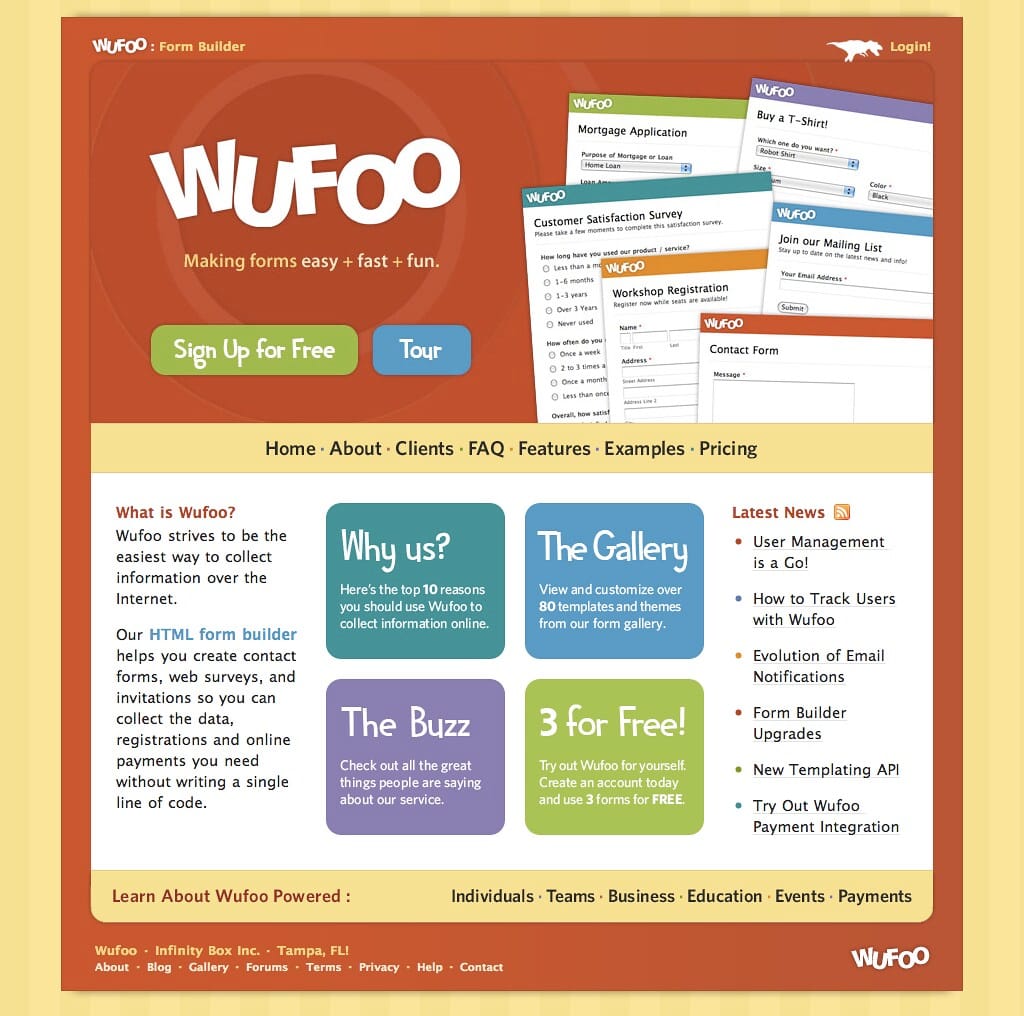Figma Eyes $16.4B Valuation as Design Giant Prepares for Public Market Revival
After years of subdued tech IPO activity, collaborative design platform Figma is positioning itself for a potential public offering with an ambitious $16.4 billion valuation target, signaling renewed confidence in the tech IPO market and highlighting the explosive growth of design-first software companies.
The Design Revolution Goes Public
Figma's bold valuation aspirations represent more than just another tech company going public—they underscore a fundamental shift in how businesses prioritize design and user experience. The San Francisco-based company, which has become the backbone of design teams at companies ranging from startups to Fortune 500 enterprises, is capitalizing on a market that has increasingly recognized design as a critical business function rather than an afterthought.
The proposed valuation would make Figma one of the most valuable design software companies ever to go public, surpassing traditional players like Adobe and signaling investor appetite for next-generation creative tools. This ambitious pricing reflects the company's dominant position in collaborative design, where teams can work simultaneously on projects in real-time—a capability that proved invaluable during the remote work surge of recent years.
Market Timing and Tech IPO Renaissance
Figma's IPO preparations come at a pivotal moment for the technology sector. After a brutal 2022 and challenging 2023 that saw tech IPOs virtually disappear, 2024 has witnessed signs of revival. Companies like Reddit, Astera Labs, and Rubrik have successfully gone public, demonstrating that investors are once again receptive to growth-oriented tech businesses with strong fundamentals.
The design software market itself has experienced remarkable expansion, with the global market size projected to reach $15.2 billion by 2026, growing at a compound annual growth rate of 5.8%. Figma has captured a significant portion of this growth, with over 4 million users and counting, including design teams at Airbnb, Netflix, and Twitter.
Beyond the Numbers: Figma's Strategic Advantages
What sets Figma apart in the crowded software landscape is its cloud-first approach and collaborative capabilities. Unlike traditional design tools that require expensive software installations and complex file sharing protocols, Figma operates entirely in the browser, making it accessible and reducing friction for teams.
The company's freemium model has been particularly effective at driving adoption. By offering robust free tiers to individual designers and small teams, Figma has built a grassroots following that often translates into enterprise contracts as users advocate for the platform within their organizations.
Revenue growth has been impressive, with the company reportedly generating over $400 million in annual recurring revenue, representing year-over-year growth exceeding 50%. This growth trajectory, combined with strong customer retention rates above 90%, provides the foundation for the premium valuation Figma is seeking.
Competitive Landscape and Market Position
Figma's path to public markets isn't without challenges. Adobe, the incumbent design software giant, has been aggressively developing competitive products and acquired Figma competitor XD. However, Adobe's attempt to acquire Figma for $20 billion fell through in late 2022 due to regulatory concerns, leaving Figma as an independent player with significant market momentum.
The collaborative design space has also attracted new entrants, including startups like Framer and established players like Sketch, which recently pivoted to web-based collaboration. Yet Figma's first-mover advantage in browser-based collaborative design and its extensive ecosystem of plugins and integrations have created substantial switching costs for users.
Looking Ahead: Implications for the Design Industry
Figma's IPO represents more than a financial milestone—it validates the strategic importance of design tooling in the modern digital economy. As companies increasingly compete on user experience, the tools that enable great design become mission-critical infrastructure.
The success of a potential Figma IPO could trigger increased investment in design technology startups and signal to public market investors that design-focused software companies deserve premium valuations. This could benefit the broader ecosystem of design tools, from prototyping platforms to design systems management solutions.
The Bottom Line
Figma's pursuit of a $16.4 billion valuation reflects both the company's exceptional growth and the maturing design software market. As tech IPOs show signs of recovery, Figma is well-positioned to capitalize on renewed investor interest while demonstrating that design-first companies can command premium valuations.
For investors, Figma represents a rare opportunity to invest in a category-defining company with strong network effects and recurring revenue. For the design industry, a successful IPO would mark the moment collaborative design tools achieved mainstream recognition as essential business infrastructure—a transformation years in the making.

